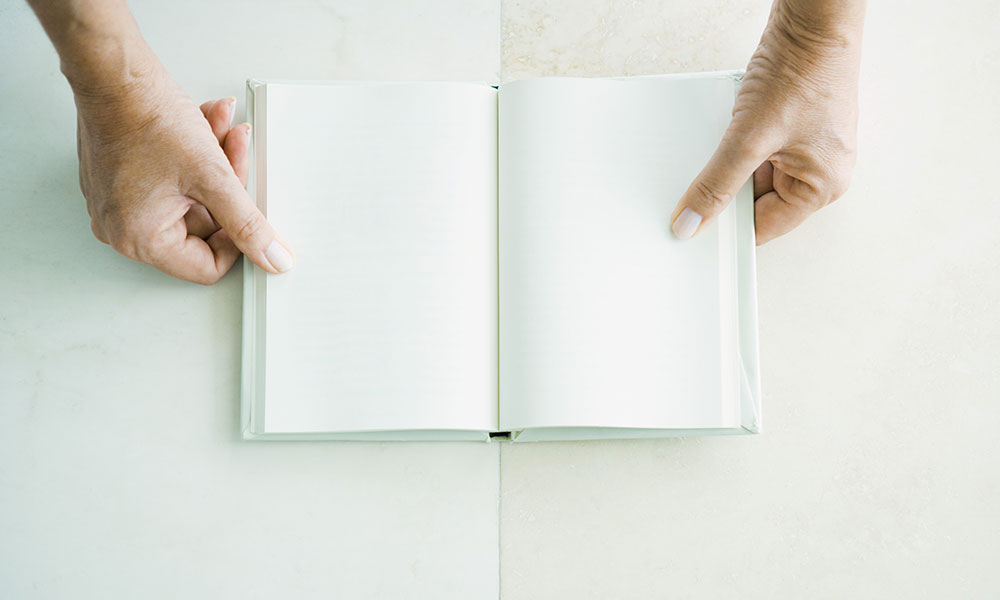Between 2008 and 2017, just 29 percent of all translated books published in the United States were by women authors. Chad Post, director of Open Letter—the University’s nonprofit, literary translation press—has been calling attention to the problem. And with support from the National Endowment for the Arts (NEA), Open Letter is helping to address it.
Post assembled the numbers on men and women authors in translation using the Translation Database, a tool he founded at Rochester. The database is now supported and hosted by Publisher’s Weekly. It offers 10 years of information on the translation book market—a first for an industry that has long lacked reliable data.
On the calendar
On March 13, at 7 p.m., Open Letter will host a reading by author Madame Nielsen at The Spirit Room in downtown Rochester.
The translation market in the United States is already small—only 3 percent of books published here are translated books. And Post calls the figure of 29 percent of that 3 percent “stunningly bad,” especially given that the majority of book buyers and publishing industry employees are women.
The NEA in January awarded a $35,000 grant to support the Open Letter Books Women Writers Series. The series will offer six works:
- The Endless Summer, by Madame Nielsen, translated by Gaye Kynoch (Denmark)
- Ma Bo’le’s Second Life, by Xiao Hong, translated by Howard Goldblatt (China)
- the easiness and the loneliness, by Asta Olivia Nordenhof, translated by Susanna Nied (Denmark)
- Fox, by Dubravka Ugresic, translated by Ellen Elias-Bursać and David Williams (Croatia)
- American Fictionary, by Dubravka Ugresic, translated by Celia Hawkesworth and Ellen Elias-Bursać (Croatia)
- Night School by Zsófia Bán, translated by Jim Tucker (Hungary)
Such projects can make a difference, says Post. The most active translation presses are mostly publishing books written by men. “And given their overall market share, if these 10 presses had more balanced lists, the overall gender gap would be nearly eliminated,” Post wrote for Publisher’s Weekly last October.
Based on his own experience at Open Letter, Post attributes at least part of the disparity to a “systemic problem in the publishing industry.” Book agents, and even translators themselves, tend to try to convince presses to publish a book by calling it a ‘classic’—when the author is a man, says Post. They’re less likely to do so when the book was written by a woman. And influential publications—“tastemakers,” in Post’s word—review books by men more often than those by women.
But Post is optimistic. Last year, for the first time, the publication numbers for men and women translators was equal. And he hopes heightened awareness by people connected with the publishing industry will help, too.
Open Letter already offers two country-specific women writers series, one for Denmark and another for South Korea, and the NEA-supported publications will expand on that.
The result? “We’re publishing more women authors than men this year,” Post says of Open Letter.




